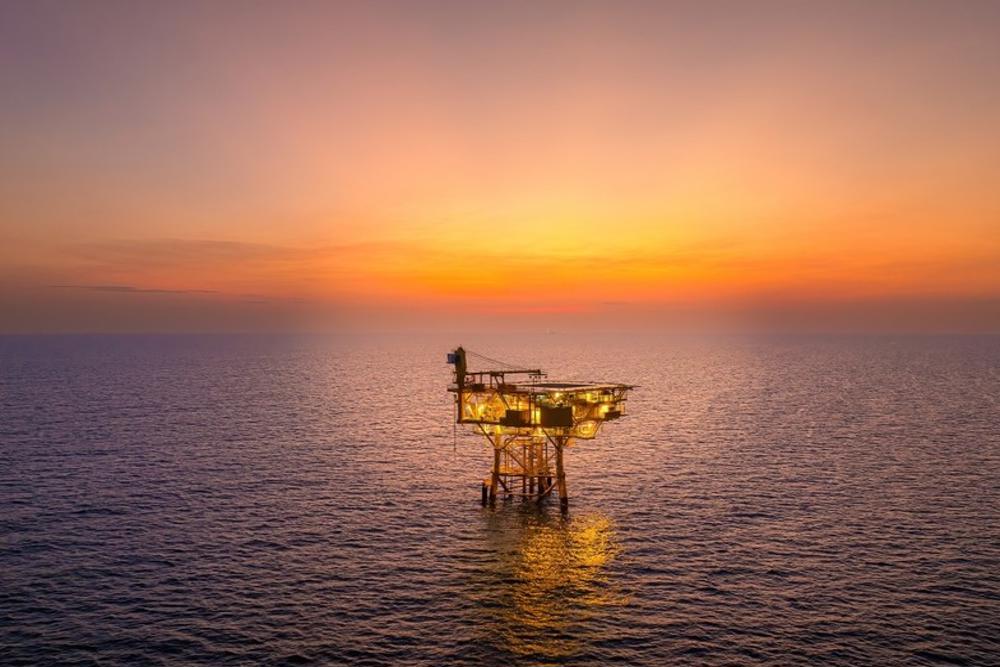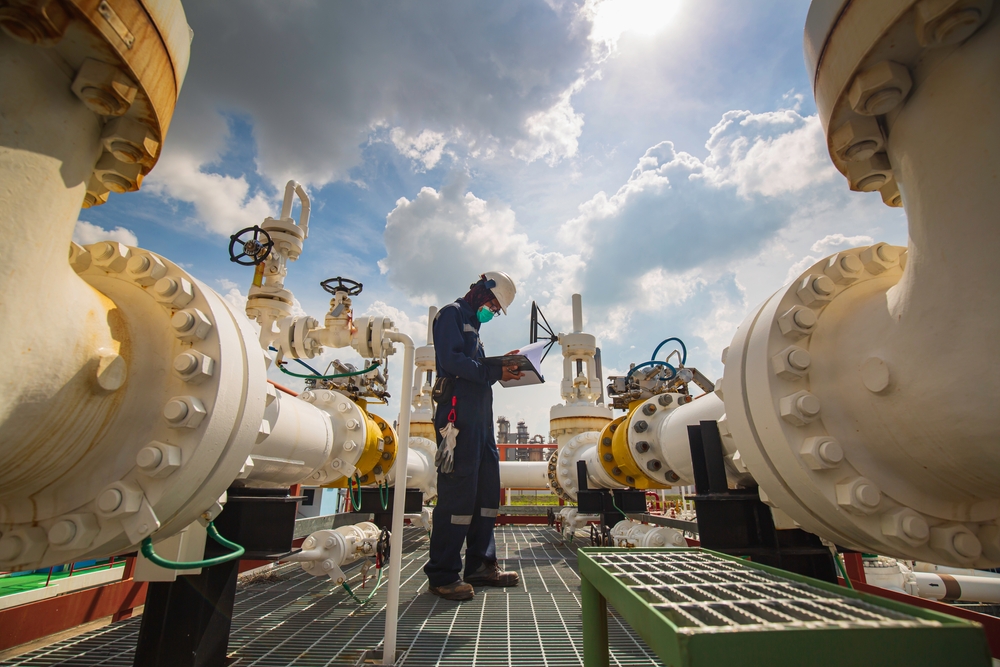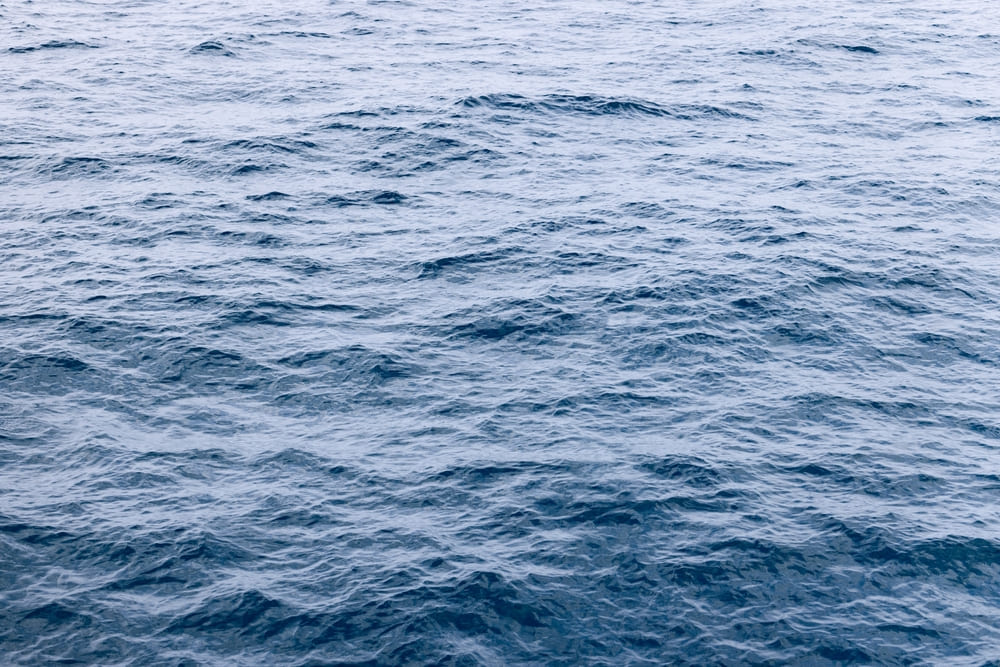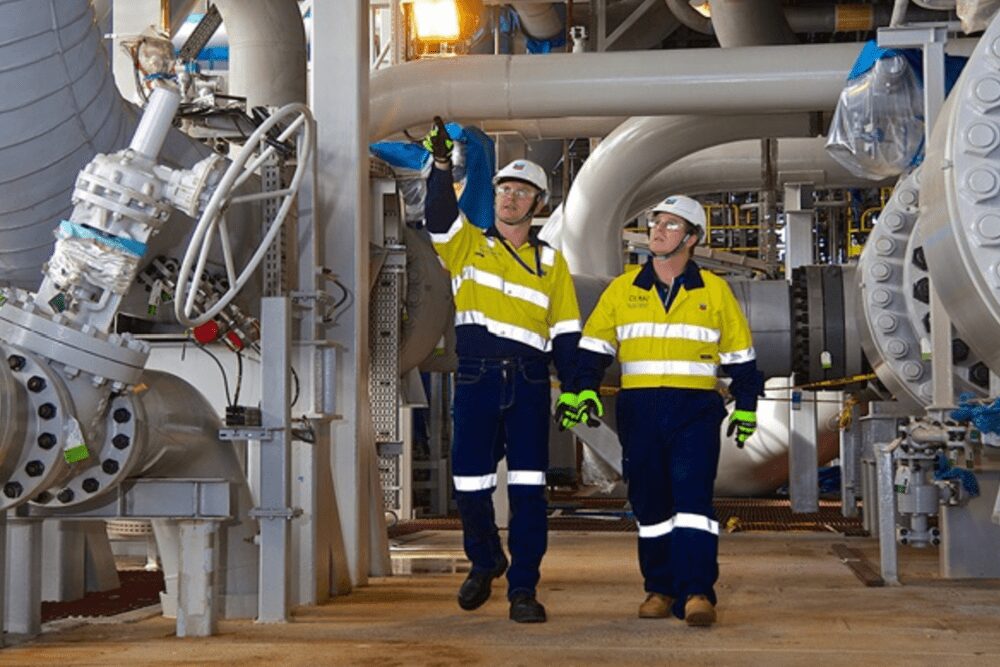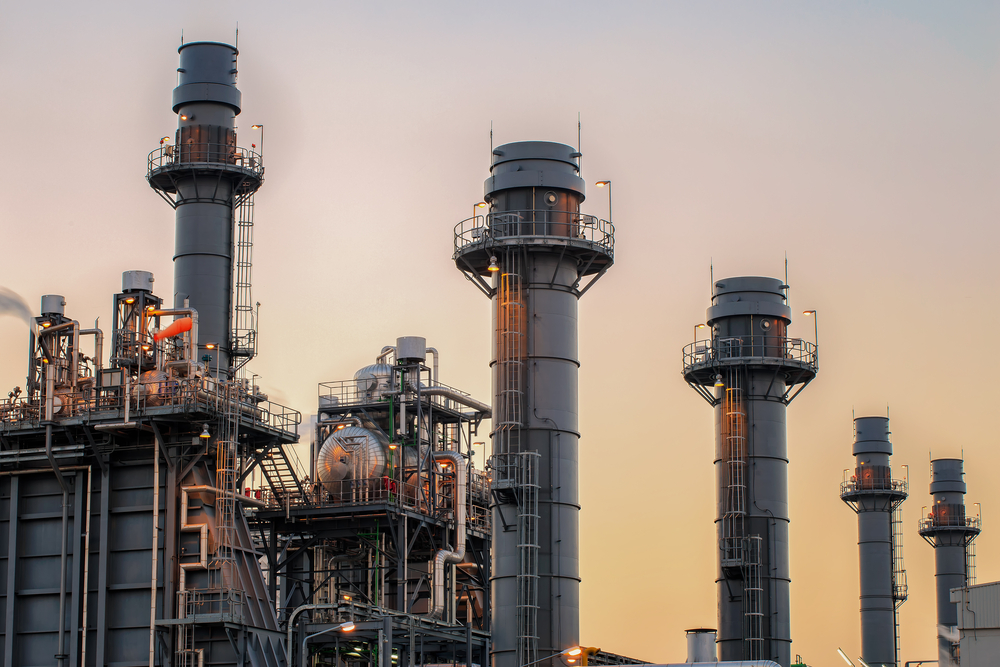
Energy Minister Angus Taylor’s proposal to construct a gas-diesel power plant in Kurri Kurri, 25 kilometres west of Newcastle, has stirred up a hornet’s nest, both locally and nationally.
“Community groups in the Hunter look to NSW Energy Minister Matt Kean and Planning Minister Rob Stokes to reject this unnecessary and harmful power plant and double down on making New South Wales a renewable energy superpower,” said Carly Phillips, Co-coordinator of the Gas Free Hunter Alliance.
Snowy Hydro’s ‘Response to Submissions’, released on Monday, has drawn fire from community groups in the Hunter.
Of the 261 submissions from government agencies, organisations and community members to the project’s Environment Impact Statement, just one supported the power plant (a one-line comment from a labour-hire company in Strathfield).
The Response to Submissions responds to the 64 issues raised in submissions, including climate change and energy transition, economics, air, noise and water pollution, negligent assessment of impacts on Aboriginal cultural heritage (the project is opposed by the Traditional Owners), impacts on property values and urban amenity in Kurri Kurri and surrounds, and inadequacies in consultation.
“If there was a ghost of a business case for this diesel-gas power plant, the private sector would be funding it. Instead, Energy Minister Angus Taylor has been forced to dip into $600 million of public funds to get this off the ground,” said Bruce Robertson, energy finance analyst from the Institute for Energy Economics and Financial Analysis.
Rather than address this concern, raised in many of the 261 submissions, the Response to Submissions report simply states that the business case is confidential.
“It is vital to the social fabric of Kurri Kurri that significant employment becomes available within the Hydro redevelopment. If we want the Hydro industrial area to survive and thrive into the future, the focus needs to be on industries powered by renewable energy like wind and solar, and jobs of the future, not the past,” said Janet Murray from Coalfields for Climate Action.
Since May, more than 30,000 community members have signed petitions opposing the gas-diesel power plant. The Gas Free Hunter Alliance have met with NSW Energy and Environment Minister Matt Kean to outline their opposition to the power plant, and intend to present Mr Kean with these petition signatures later this month.
Both NSW Health and the NSW Environment Protection Authority raised concerns about noise and air pollution in their submissions. Both agencies insisted that air pollution impacts had not been assessed using the new national standards for sulphur dioxide and oxides or nitrogen adopted this year (which will become stricter again in 2025). Instead, Snowy Hydro has relied on the now-defunct, less strict national standards.
NSW Health noted in their submission that, “There is no evidence of a threshold below which exposure to particulate matter (PM) is not associated with health effects. Therefore, it is paramount that all reasonable and feasible measures are taken to minimise human exposure to PM. Snowy Hydro dismissed this concern, noting that air pollution already exceeds health standards in the region but that the power plant will not utilise the best available technology (Selective Catalytic Reduction) to control emissions of particulate matter and other toxic pollutants.”
“With the rapid technological changes that we are seeing in the energy industry, the $600M plus that is being proposed for Kurri Kurri would be much better spent on battery storage and renewables,” said Mr Robertson.
Climate change impacts were expressed in 90 of the 221 submissions. Snowy Hydro notes (on p.74) that the link between increased emissions of Greenhouse gases, climate change and extreme weather is widely acknowledged, and that the project will emit 13.8 million tonnes of greenhouse gases during its operating lifetime.
“It’s gob-smacking for Snowy Hydro to pretend that building a gas plant is consistent with the Paris Climate Agreement and to release their response on the same day as the devastating UN climate report,” said Carly Phillips.



